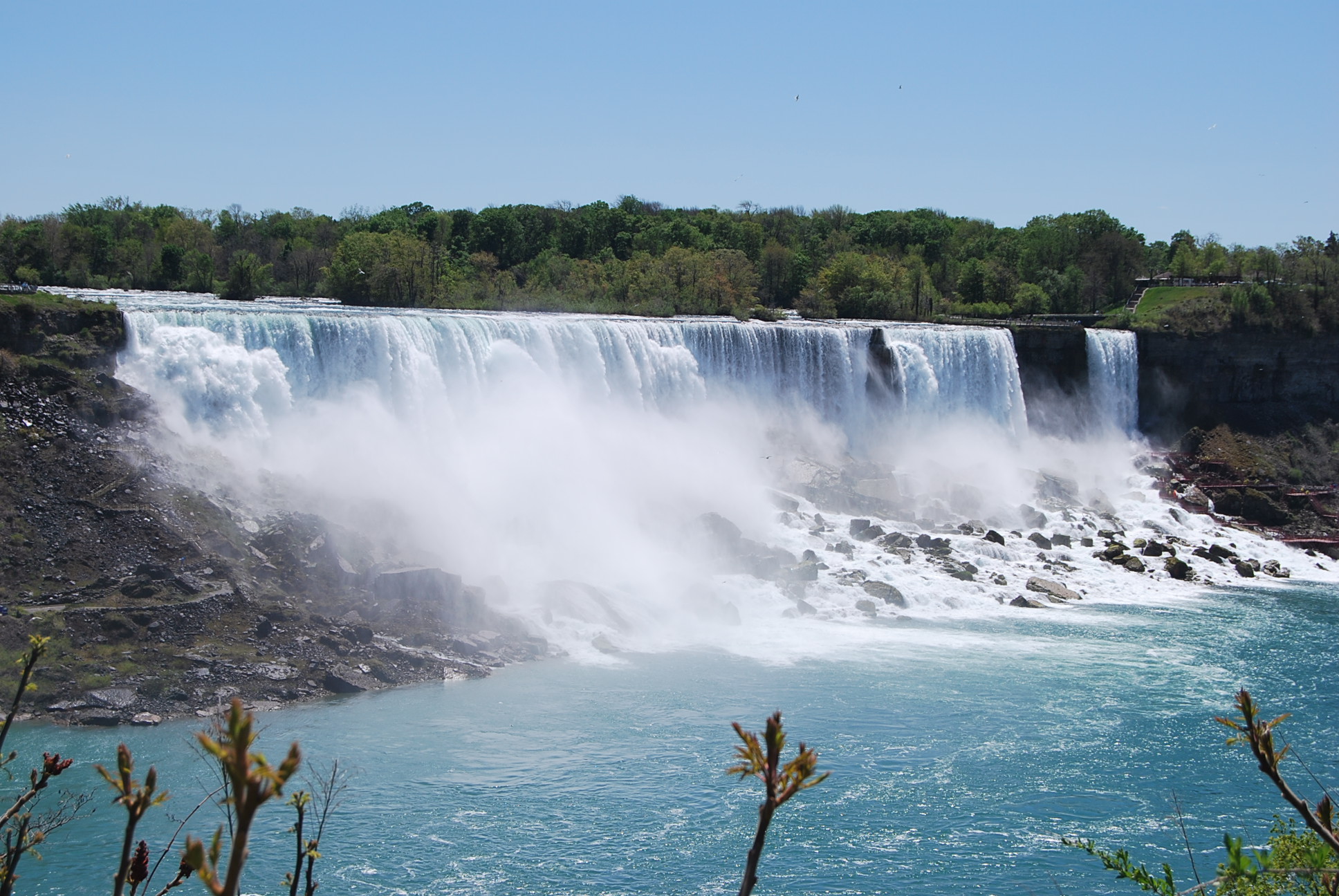Niagara Parks Reminds Guests to Avoid Feeding Wildlife
- Concerns around the impacts of wildlife feeding on the rise across Niagara Parks and all of Southern Ontario
- Wildlife feeding can lead to severe health issues for animals, damaging impacts to the environment and risks to the community and visiting public
- New signage and staff ambassadors aim to educate the public to help control the issue
Niagara Falls, ON – In an effort to deter wildlife feeding on Niagara Parks property and reduce the resulting negative impacts, new signage will be installed at various sites across Niagara Parks, as well as increased engagement with guests to help educate the public of the dangers of this seemingly harmless act.
With wildlife feeding on the rise, municipalities across Southern Ontario have begun implementing new bylaw regulations, including fines, in attempt to control the issue and mitigate the significant impacts to animals, the environment and communities. At Niagara Parks, new signs will be placed at Dufferin Islands, where the issue is especially severe, as well as Kingsbridge Park and the Botanical Gardens, informing guests that wildlife feeding of any kind, regardless of the type of food, is prohibited on Niagara Parks property.
Though well-intended, wildlife feeding can lead to unusual or aggressive behaviour, overcrowding and the transmission of disease, growth disorders, malnutrition, delayed or failed migration leading to winter death, an increase in rodents and other pests, degradation of water quality and park lands, as well as other negative impacts to our broader ecosystem. Except for in extreme circumstances, wildlife already have plenty of appropriate food available to them, relying on their instincts to find food as needed, which helps to keep wildlife populations at healthy and sustainable levels.
The arrival of the highly deadly strain of avian flu in Southern Ontario has further heightened the dangers of wildlife feeding at Niagara Parks, especially as a recognized Internationally Important Bird Area that is home to numerous bird species. While all bird species are susceptible to infection, domestic poultry flocks (chickens, turkeys, domestic ducks and geese, etc.) are more likely to become severely ill and die when infected.
Following the success of the staff ambassador program to promote guest safety at the Niagara Glen, Niagara Parks will be introducing staff ambassadors at Dufferin Islands beginning on the Victoria Day long weekend. Staff ambassadors will engage with guests and help them to understand the significant risks that result from feeding wildlife (including all birds and waterfowl) and that as a result, it is prohibited on Niagara Parks property. The Niagara Parks Police Service will also help engage with the public to address the issue. As always, the preferred approach will be education and engagement; however, there is the possibility of charges and fines under the Trespass to Property Act (TTPA).
While guests are encouraged to explore the many parks, gardens and nature trails throughout the 56-kilometre Niagara River corridor, it is important to understand how to minimize the environmental impacts of your visit so that we can all contribute to preserving these spectacular lands for future generations. There are many other ways to connect with nature besides feeding wildlife, such as bird watching, hiking, picnicking, ethical nature photography, forest bathing and more. For more information and helpful tips when exploring Niagara Parks’ parks and green spaces, please visit niagaraparks.com/publicspaces.










 Close and
Close and